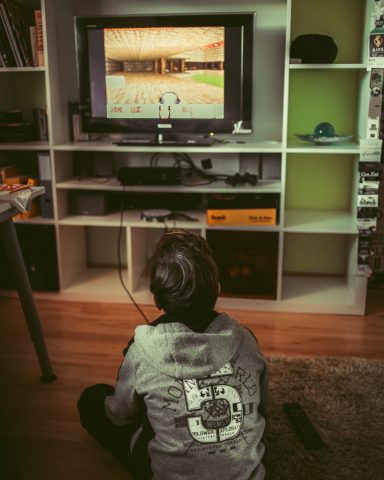Cdl Müller: Pope’s Endorsement of Homosexual Civil Unions Has ‘No Authority’ for Catholics, by Dr. Maike Hickson
October 29, 2020Reasons to Remain in the Church, by Dr. Donald DeMarco
October 29, 2020
By Dr. Alex Chediak, Ph.D., The Stream, October 29, 2020
Dr. Alex Chediak, (Ph.D., U.C. Berkeley) is a professor and the author of Thriving at College (Tyndale House, 2011), a roadmap for how students can best navigate the challenges of their college years. His latest book is Beating the College Debt Trap. Learn more about him at www.alexchediak.com or follow him on Twitter (@chediak).
In the 1999 film The Matrix, Neo learns that he’s living in an elaborate computer program. He seizes an opportunity to join others in rebelling against The Machine, setting us off on an epic adventure.
The action flick was a big hit. It’s not hard to see why. Like Star Wars or Lord of the Rings, it’s a larger-than-life story, with universal, quasi-religious implications. Viewers are drawn into Neo’s quest against the evil powers that would keep humanity ignorant and enslaved.
The Simulation Hypothesis
But for some, it’s not just a crazy idea. A recent Scientific American article reminds us there are real scientists who believe there’s a good chance we’re characters in a computer somewhere. Some put the odds at 50/50, others at better than 50/50. It’s known as The Simulation Hypothesis (also the title of a 2019 book by Rizwan Virk, a video game designer, and MIT and Stanford alumnus). The idea has been brewing since at least 2003, when an important academic paper on the topic was published. …






